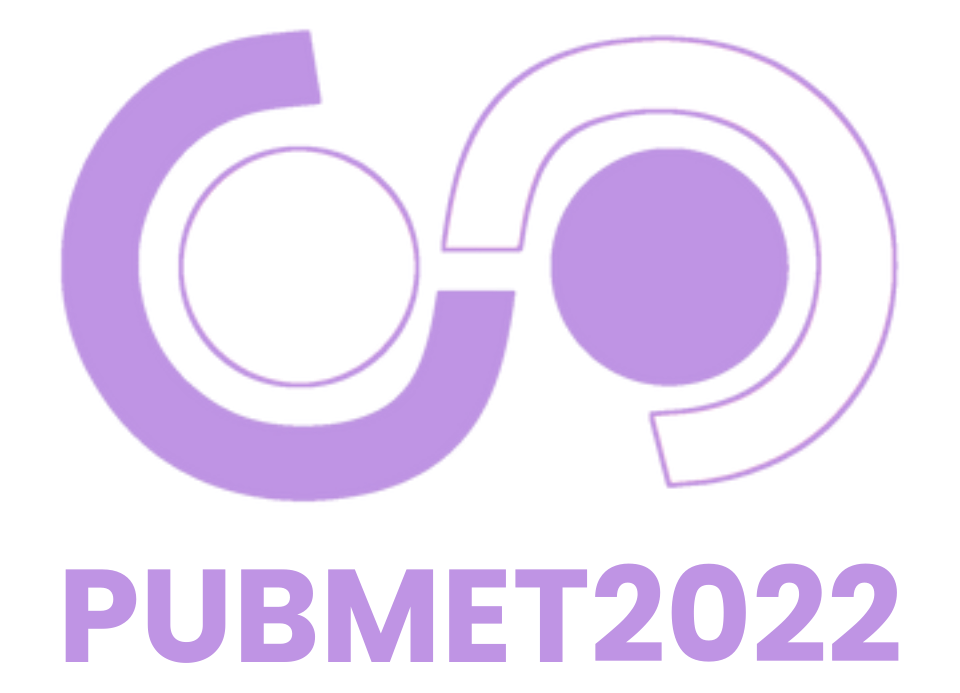Obtaining self-archiving permissions at scale to realize the potential of green Open Access: A case study

Background: Open Access (OA) broadens the dissemination of research discoveries and allows others to build on existing knowledge. While there is evidence that OA has been growing (Hobert et al., 2021; Piwowar et al., 2018), many publications remain behind a paywall. In many cases, journal or publisher self-archiving policies allow researchers to make a version of their publication openly accessible in a repository, sometimes after an embargo period (green OA). The UNESCO Recommendation on Open Science (UNESCO, 2021) adopted in November 2021 recommended several priority areas of action, including fostering a culture of open science by ensuring diversity in scholarly communications and supporting non-commercial publishing models. In this study, we evaluated the realized potential of green OA in a cohort of publications from clinical trials conducted at German University Medical Centers.
Methods: We assessed the realized potential of green OA in a previously developed sample of clinical trials and associated results publications (Riedel et al., 2021). Included trials were registered in ClinicalTrials.gov or DRKS, conducted by a German University Medical Center, and reported as complete between 2009 – 2017. The analysis was limited to associated results publications published between 2010 and 2020 with a DOI that resolved in Unpaywall. We queried Unpaywall (OurResearch) via its API to identify paywalled publications in our sample. A publication was considered as paywalled if it was not accessible via any route (gold, green, hybrid, or bronze). We then queried Shareyourpaper (OA.Works) via its API to obtain self-archiving permissions of publications in our sample. Shareyourpaper combines publication metadata and policy information to derive self-archiving permissions at the level of individual publications. Publications were considered to have the potential for green OA if a “best permission” was found for archiving the accepted or published version in an institutional repository, and if the embargo (if applicable) had elapsed by the query date. The Unpaywall API was queried on 13 May 2022; the Shareyourpaper API was queried on 14 May 2022.
Results: The sample considered in this study consisted of 1907 unique journal publications published between 2010 and 2020 with a DOI that resolved in Unpaywall. We identified 870 (46%) publications that were not openly accessible via any route (gold, green, hybrid, or bronze). Of these paywalled publications, 753 (87%) had a “best permission” in Shareyourpaper for archiving the accepted or published version in an institutional repository. At the time of the query, 136 (15%) of otherwise paywalled publications with a permission for self-archiving in an institutional repository had been made openly accessible via this route.
Conclusions: For clinical trials to generate useful and generalizable medical knowledge, their results should be openly accessible, in line with established guidelines (World Health Organization, 2017). We found that many results publications of a sample of clinical trials conducted at German University Medical Centers remain behind a paywall despite having a permission for self-archiving in an institutional repository. The results are informing an ongoing intervention at the Charité to increase clinical trial transparency. Overall, our findings suggest that the potential of green OA to broaden the dissemination of scientific knowledge and ensure equitable access remains relatively underappreciated. This case study provides a concrete example of how openly available tools may be used to obtain actionable information related to self-archiving at scale, and thereby empower efforts to increase science discoverability.
Funding: This project was funded by the BMBF (01PW18012).
Delwen Franzen
Charité – Universitätsmedizin Berlin
BIH-QUEST Center for Responsible Research
Berlin, Germany
ORCID ID: 0000-0001-9974-9115

